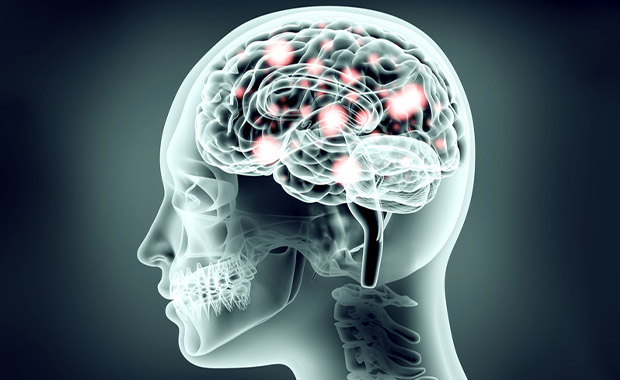Clinical neuropsychology is a specialty that focuses specifically on the brain and its ability to function. There are various tests associated with neuropsychology that can determine how skills and behaviors are related to brain structures and cognitive systems.
These neuropsychological evaluations are great for determining whether or not a person has various cognitive disorders like Attention Deficit Hyperactivity Disorder (ADHD), Dyslexia, and more. It’s estimated that over 40 million Americans are dyslexic but only 2 million of actually aware of it.
Here are some frequently asked questions pertaining to neuropsychological evaluations:
- How is the testing actually performed? — The majority of neuropsychological tests are based on traditional psychometric theory. For this approach, an individual’s raw score on the test is then compared to a large general population normative sampling, ideating gathered from a comparable population to the individual being tested.
- What are the categories of neuropsychological tests? — The majority of these evaluations can be broken into four categories. First, is an analysis of overall performance based on score. Second, is a left-right compression of how well an individual performs on tasks that pertain to the left and right side of the body and brain. Third, involves pathognomic signs, which are specific test results that relate to a distant disorder. Lastly, differential pattern tests are administered that are associated with specific diseases.
- How long do these evaluations take? — A complete and thorough evaluation typically takes between two and five hours to compete, however, it can take a lot longer — as much as eight hours, depending on the complexity of the problems being addressed, as well as the individual’s cognitive condition.
- How do I prepare for a neuropsychological test? — You can’t study for tests like this, but there are things you can do to prepare, including bringing an updated list of all medications that you’re taking, discuss with a family member your upcoming test and bring him or her along with you, and get a good night’s sleep during the days leading up to your evaluation.
If you want to learn more about neuropsychological evaluation, psychoeducational evaluation, or speak with an experienced neuropsychologist, give the Center For Cognitive Assessment a call today.


